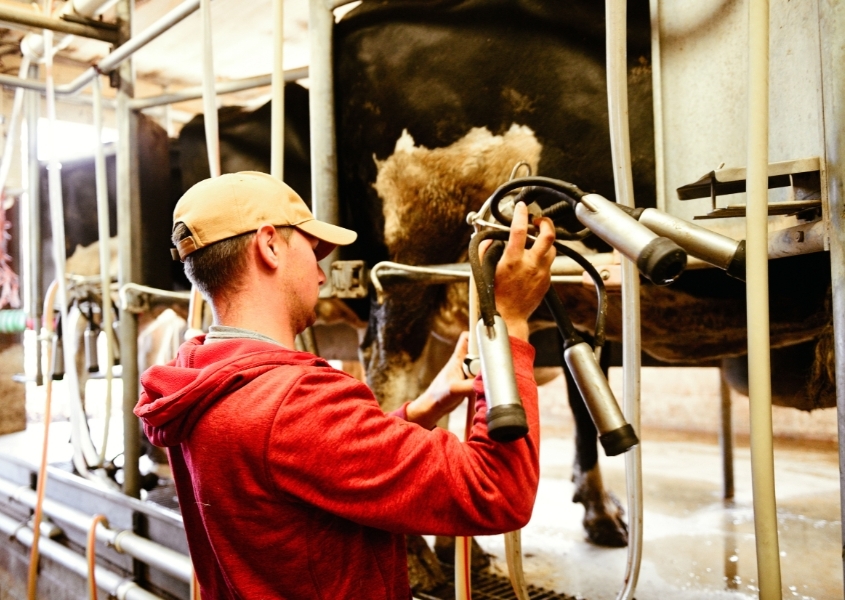Farming is more than a career; it’s a lifestyle. This unique calling often demands long hours, resilience, and an unwavering work ethic. But behind the hard work and dedication lies a crucial factor for sustainable success: self-care. We know the daily demands on farmers and their teams are relentless. We’ve seen firsthand how self-care can improve productivity, resilience, and overall life satisfaction.
This article explores how prioritising self-care can help farmers unlock their full potential. Learn why it matters, how it affects your farm’s performance, and once you’re ready, explore how Enable Ag’s Time-Freedom Program can guide you towards a balanced, productive life.
The Hidden Impact of Non-Stop Work on Farm Success
Farmers, renowned for their strong work ethic, often prioritise tasks over personal well-being. While this commitment is admirable, the constant grind can strain both physical and mental health. Studies reveal that chronic stress and burnout can lower productivity, increase errors, and harm decision-making abilities. Addressing the need for self-care isn’t just a lifestyle improvement—it’s a fundamental approach to long-term farm success.
Why Self-Care Matters More Than You Think
- Improved Focus and Decision-Making: Self-care helps clear the mind, enhancing focus and reducing costly errors.
- Reduced Stress and Burnout: Regular breaks and self-care practices combat fatigue, leaving farmers better equipped to handle daily challenges.
- Better Relationships and Community Impact: Farmers who prioritise their well-being often find more time and energy to engage with family, friends, and the community, strengthening support networks.
- Increased Resilience and Adaptability: With self-care, farmers can build the resilience needed to handle market, climate, and labour challenges.
By fostering these benefits, it enhances not only your productivity but also your capacity to maintain a sustainable and satisfying lifestyle on the farm.
Breaking Down the Barriers: Making Time for Self-Care
The unique demands of farming, prioritising yourself seem like a luxury. Many farmers find it hard to ‘switch off’ from work, fearing a day lost could mean a missed opportunity or financial setback. We understands these hurdles; that’s why our program offers realistic, step-by-step strategies tailored for farmers. Here are a few small shifts that can make a big difference:
- Schedule Brief Daily Breaks: Even a 10-minute walk or a cup of tea can help reset your mind.
- Automate Where Possible: Technology can handle certain farm tasks more efficiently, freeing up time for rest.
- Outsource or Delegate: Identify tasks that don’t need your personal touch and consider assigning them to trusted team members.
Our program offers guidance on integrating these changes, allowing you to optimise farm productivity and embrace a more balanced approach to work.
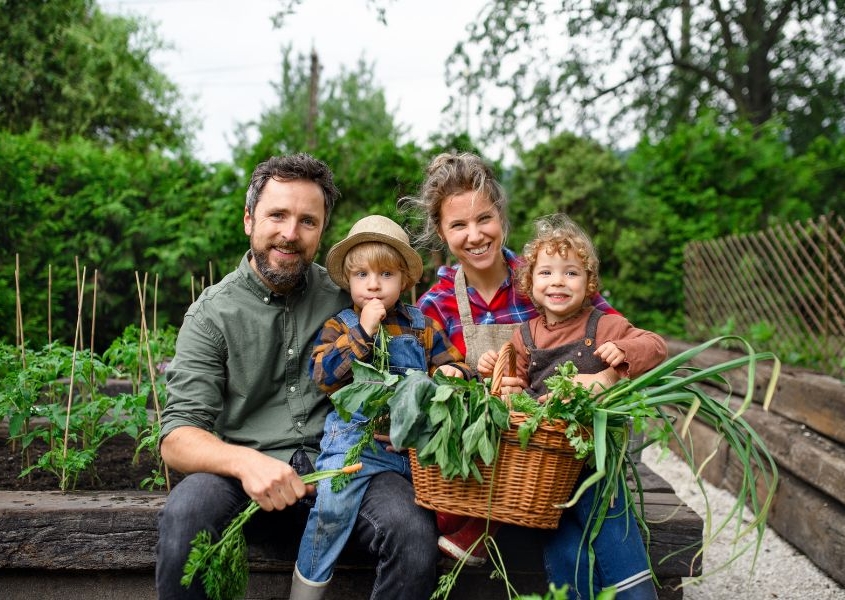
Four (4) Practical Self-Care Strategies for Farmers
It isn’t about radical lifestyle changes; it’s about making small, consistent adjustments. Here are simple yet effective strategies farmers can start today:
- Plan Daily Timeouts: Use alarm reminders to ensure breaks, even during peak periods.
- Stay Physically Active: Simple stretching or a brisk walk can alleviate physical tension and stress.
- Embrace Hobby Time: Engaging in hobbies outside of farming can provide mental rejuvenation.
- Connect Regularly with Loved Ones: Regular time with family strengthens support systems and encourages perspective.
Our program takes it to the next level by providing structured guidance on creating new habits, setting boundaries, and using technology for efficiency. Our resources make it easier to incorporate self-care without sacrificing productivity.
Real-Life Examples: How Self-Care Transformed These Farms
Through our Time-Freedom Program, Australian farmers have seen firsthand the benefits of prioritising self-care. One farmer in New South Wales, for example, discovered that scheduling small, intentional breaks throughout the day not only reduced his stress but led to clearer decision-making during high-stakes situations.
By embracing self-care, another farmer from Victoria improved his family relationships, leading to a supportive environment that now shares farm responsibilities. These stories showcase how these strategies support lasting success, mental well-being, and a fulfilling life on the farm.
A Balanced Life is a Productive Life – Let’s Get Started
Self-care isn’t just a personal choice; it’s a cornerstone of farm success. Enable Ag’s Time-Freedom Program is designed to help Australian farmers reclaim their time, optimise productivity, and lead balanced lives. Start your self-care journey today—download our “Farmer’s Ultimate Freedom Checklist” and begin implementing simple strategies to make farm life more manageable and rewarding.
Ready to take a step? Schedule a free Discovery Call with Enable Ag to explore how our program can transform your approach to farming and well-being. It’s time to prioritise your health as much as your harvest.
If you found this article helpful, share it with your network to help others unlock their farming potential. Don’t forget to like and follow us on social media for more insightful tips: Facebook, Instagram, and LinkedIn. Let’s empower more farmers together!

 Enable Ag
Enable Ag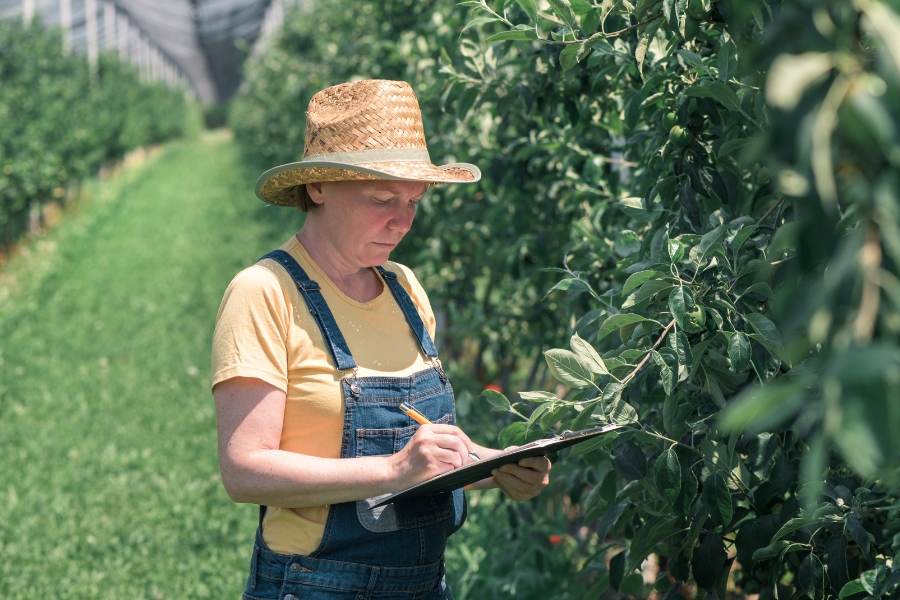 Enable Ag
Enable Ag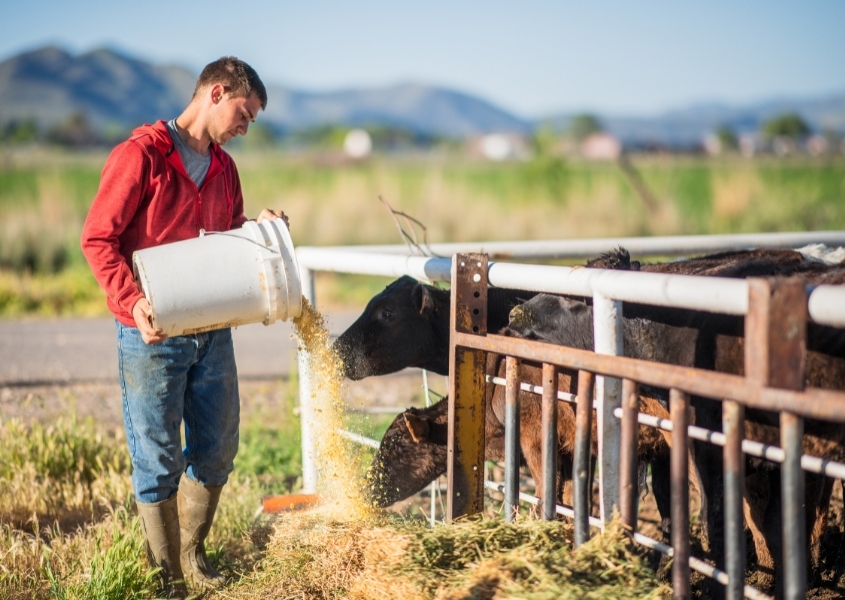
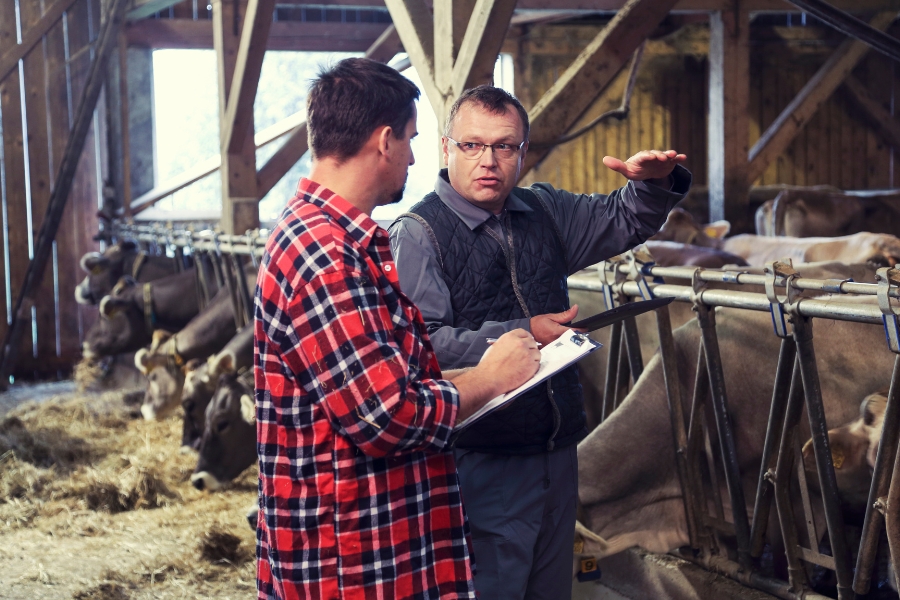 Enable Ag
Enable Ag